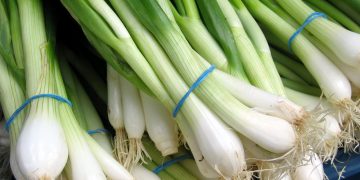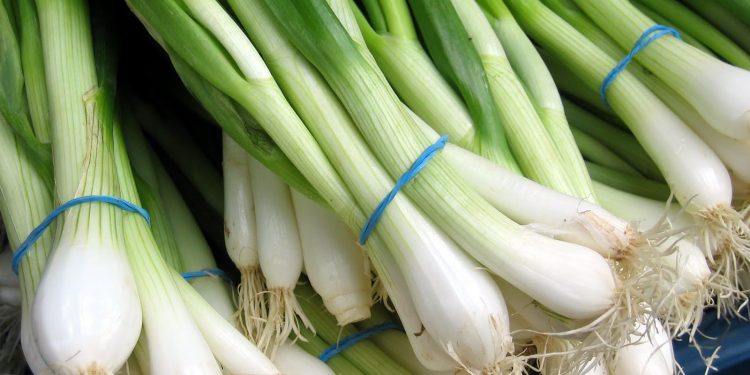In this article, we delve into the crucial role of iron in onion cultivation and explore strategies to optimize its usage for maximizing yields. Backed by the latest data and scientific insights, we discuss the importance of iron as a vital micronutrient, examine its impact on onion development, and shed light on the consequences of iron deficiency. Discover how optimizing iron management can unlock the full potential of your onion crop.
Iron plays a pivotal role in various physiological processes of onions, including chlorophyll synthesis, enzyme activation, and electron transfer reactions. As a micronutrient, iron is required in small quantities, but its deficiency can significantly hinder onion growth and productivity. Therefore, ensuring an adequate supply of iron is crucial for successful onion farming.
According to data from the University of California Cooperative Extension, iron deficiency is a common problem in onion production, particularly in alkaline and calcareous soils. Iron deficiency symptoms include yellowing of leaves (chlorosis), stunted growth, and reduced bulb size. It is essential for farmers and agronomists to be aware of these signs and address iron deficiency promptly to avoid yield losses.
To optimize iron availability for onion plants, various approaches can be adopted. Firstly, soil testing should be conducted to assess the iron status accurately. Based on the results, corrective measures can be taken, such as applying iron chelates or foliar sprays containing iron. Additionally, maintaining optimal soil pH levels, avoiding excessive irrigation, and incorporating organic matter can contribute to improving iron uptake by onion plants.
Development in iron management techniques has shown promising results in boosting onion yields. For instance, a study published in the Journal of Horticultural Science and Biotechnology found that the application of iron-enriched fertilizers significantly increased bulb size, marketable yield, and nutrient content in onions. These findings highlight the potential of iron optimization as a means to enhance onion production.
Consequences of iron deficiency in onion cultivation extend beyond reduced yields. It can also impact crop quality, as iron plays a role in the accumulation of beneficial compounds such as antioxidants and flavonoids. By addressing iron deficiency, farmers can not only improve onion yields but also enhance the nutritional value and marketability of their produce.
In conclusion, optimizing iron management is essential for maximizing onion production and ensuring high-quality yields. By understanding the significance of iron as a micronutrient, monitoring its availability in the soil, and implementing appropriate corrective measures, farmers can mitigate iron deficiency and unlock the full potential of their onion crops. Embracing these strategies will contribute to the overall success and profitability of onion farming.
#IronOptimization #OnionProduction #Micronutrients #YieldMaximization #CropQuality #SoilManagement #AgriculturalProductivity































